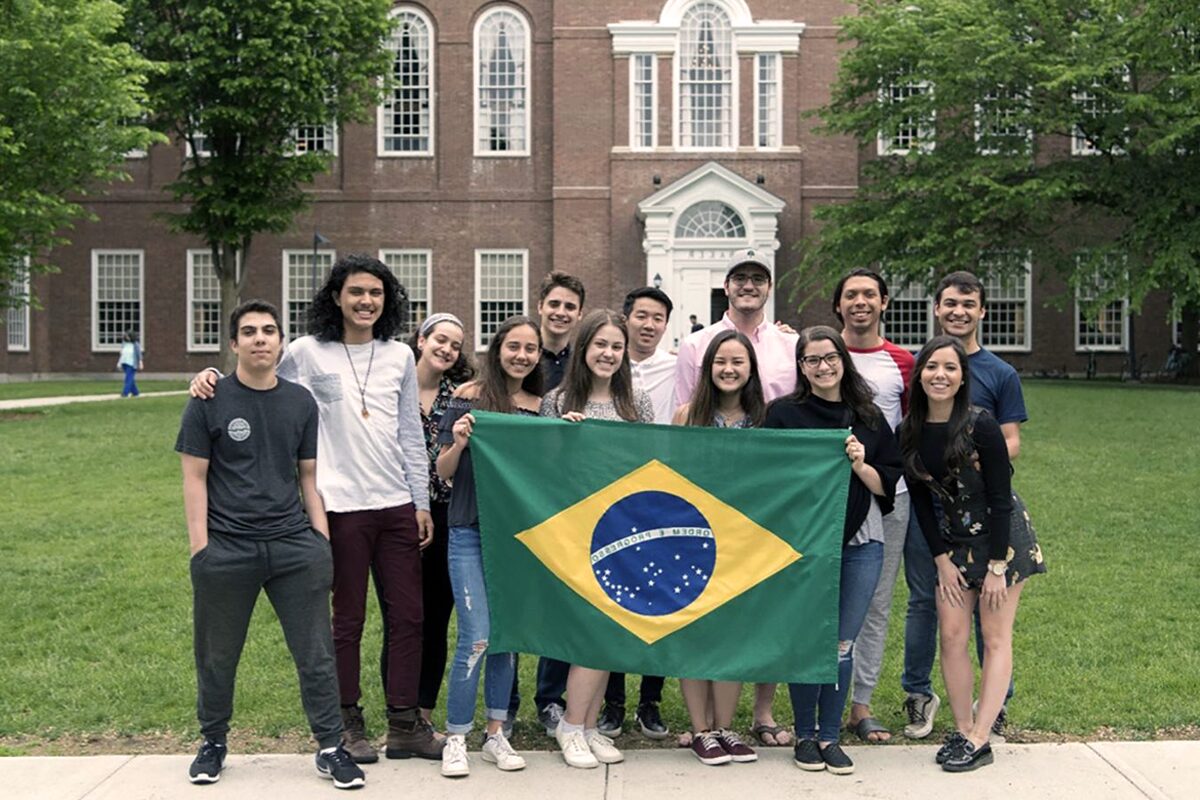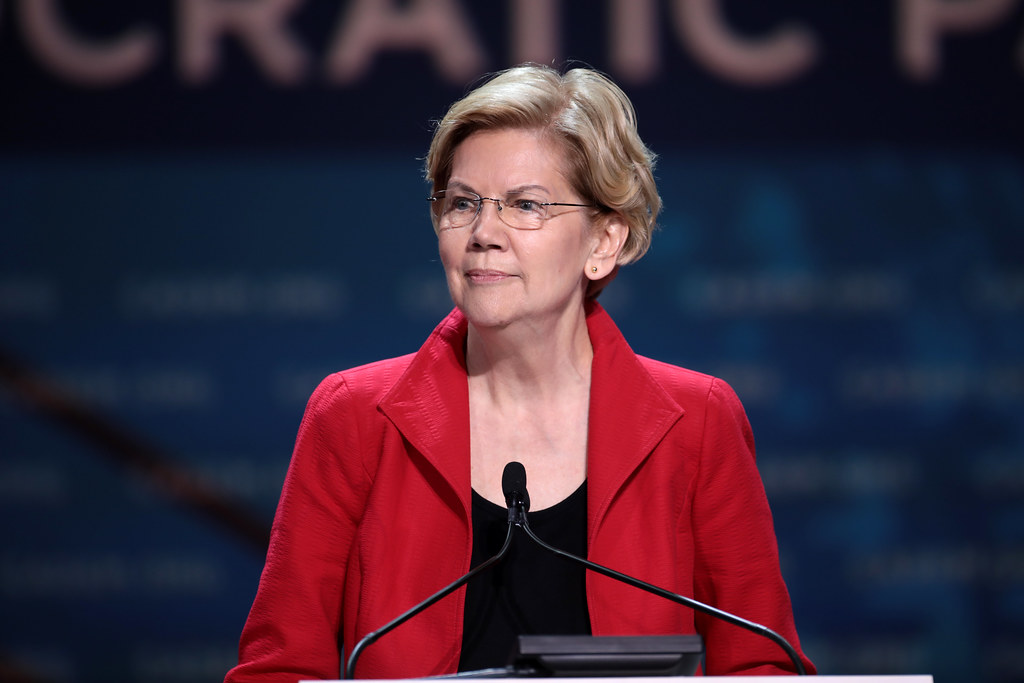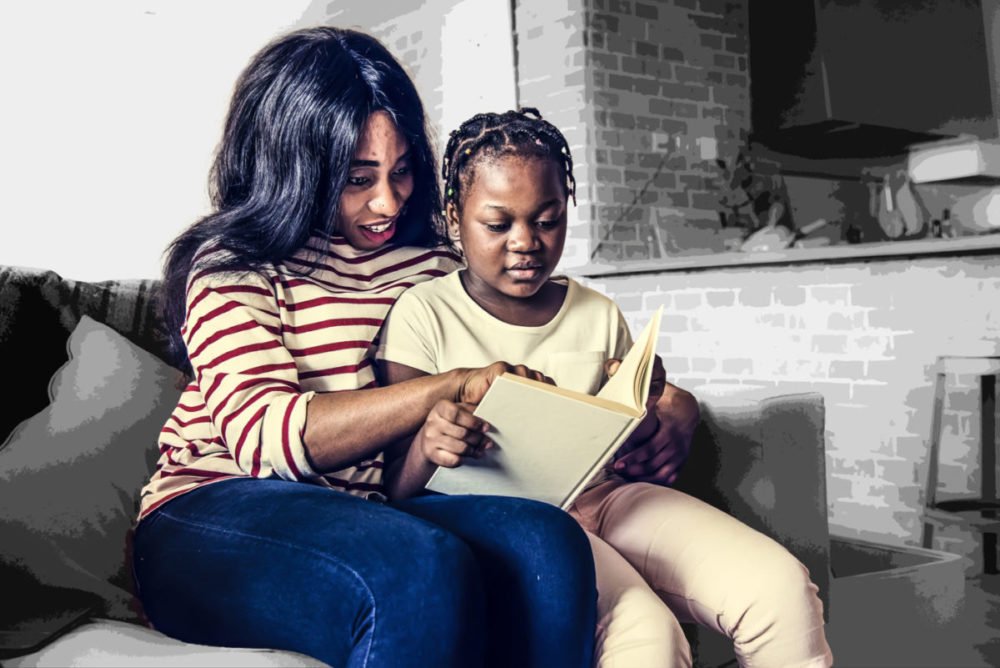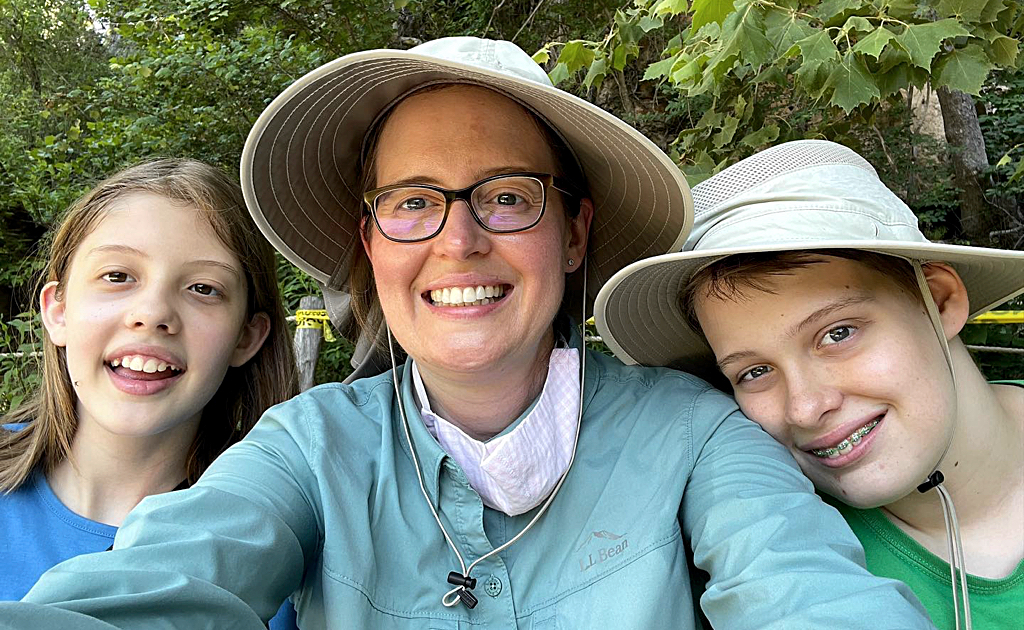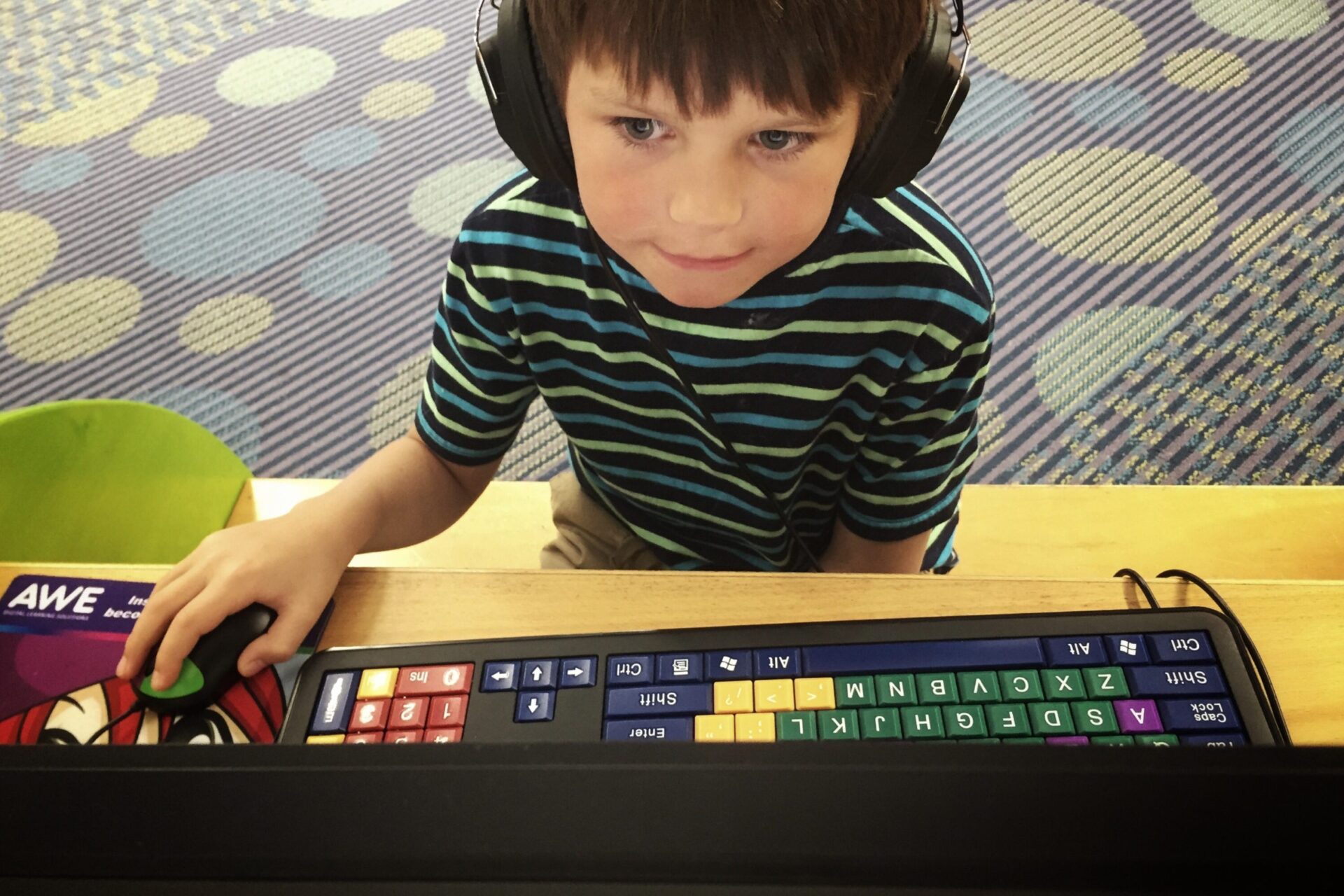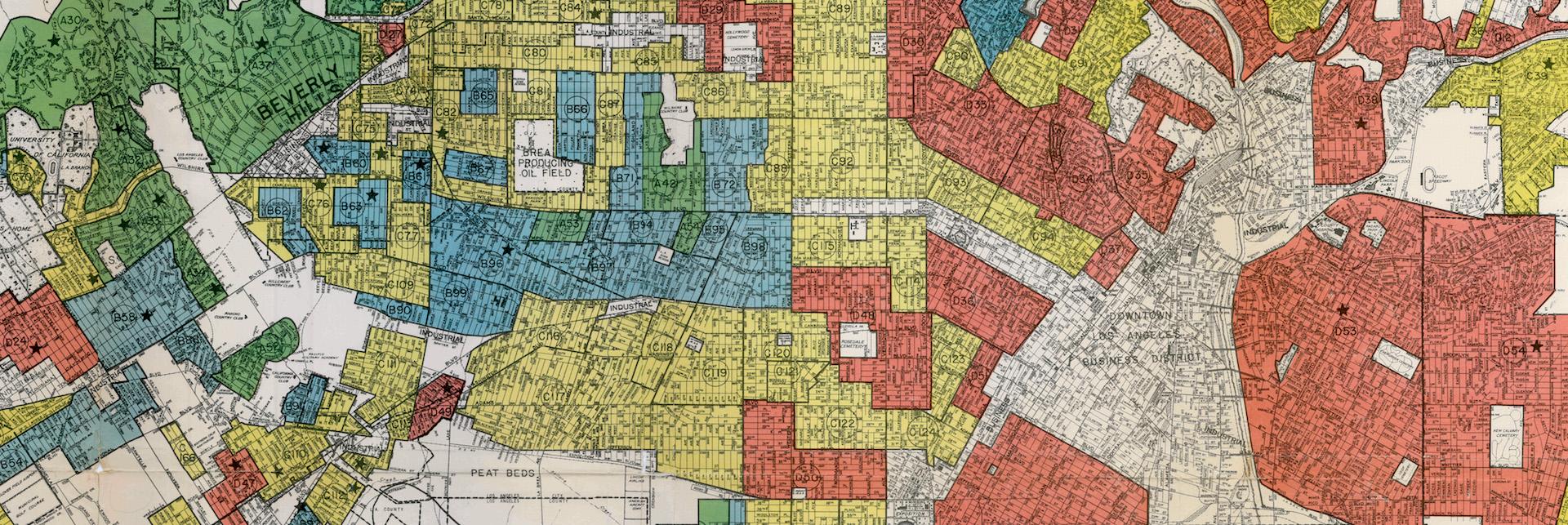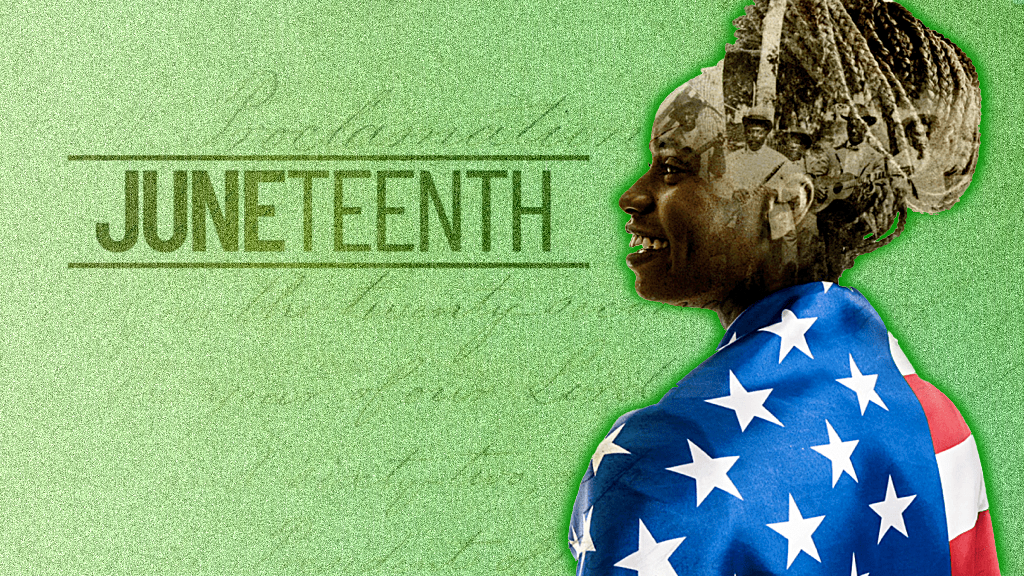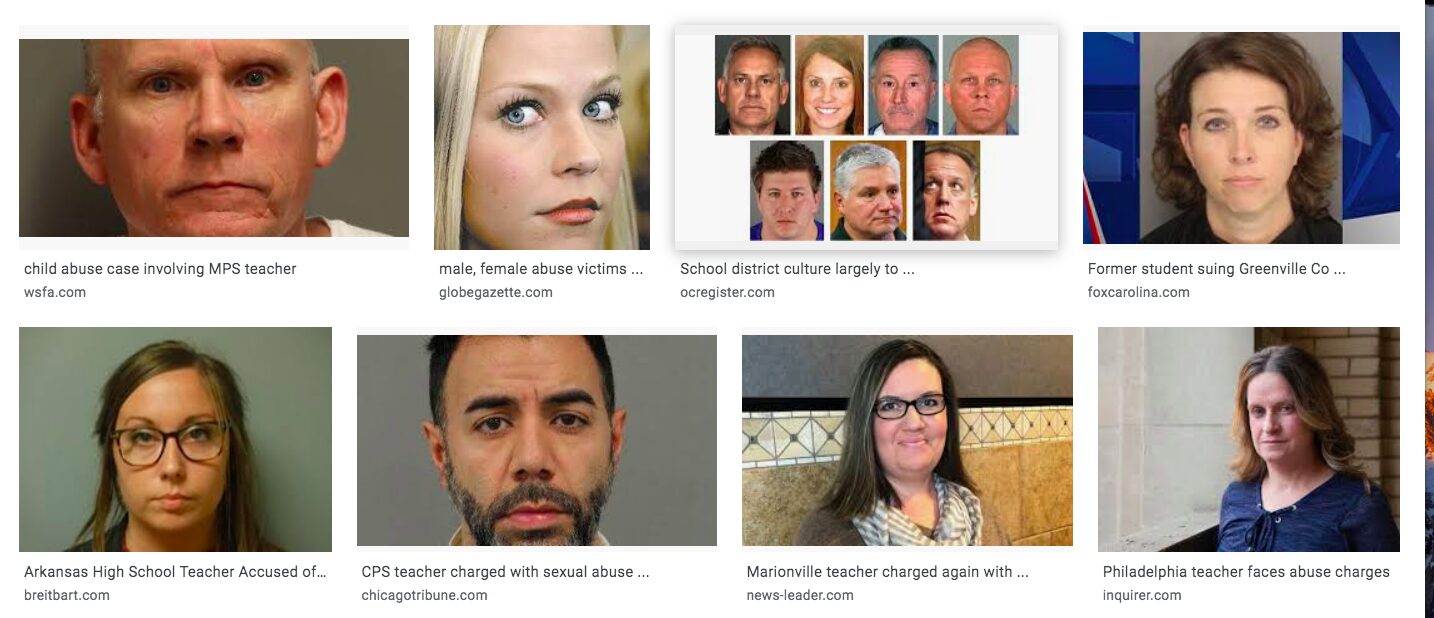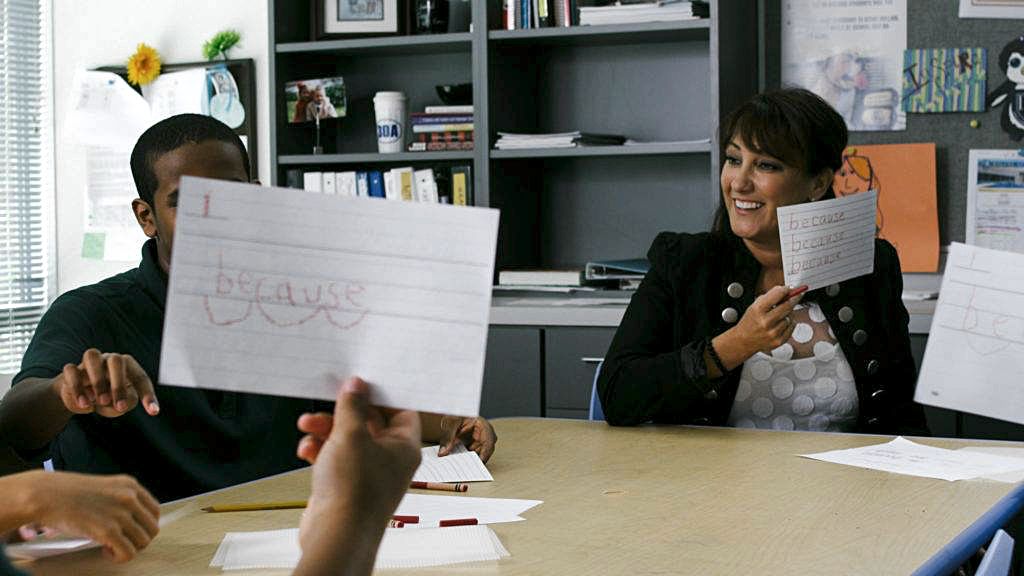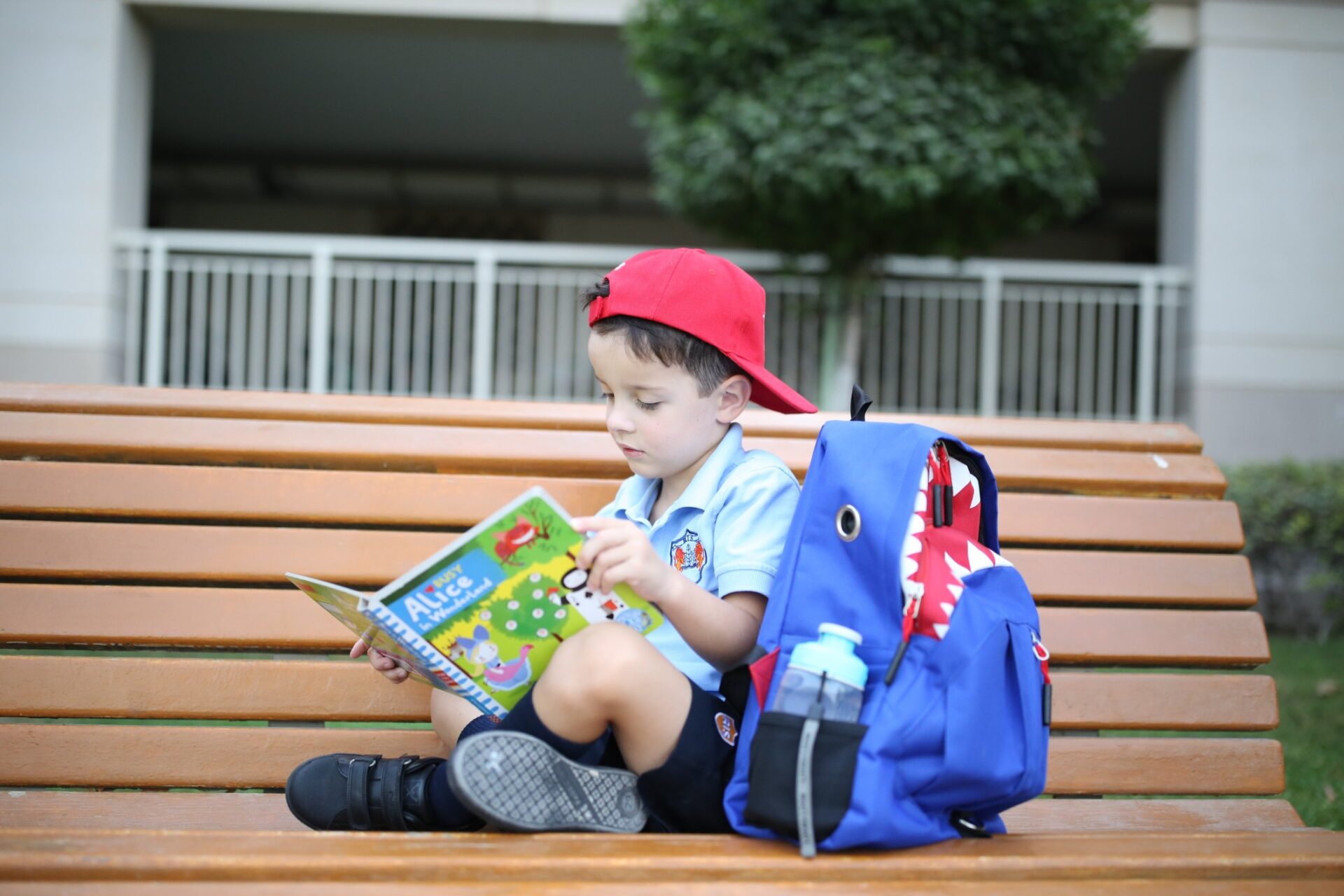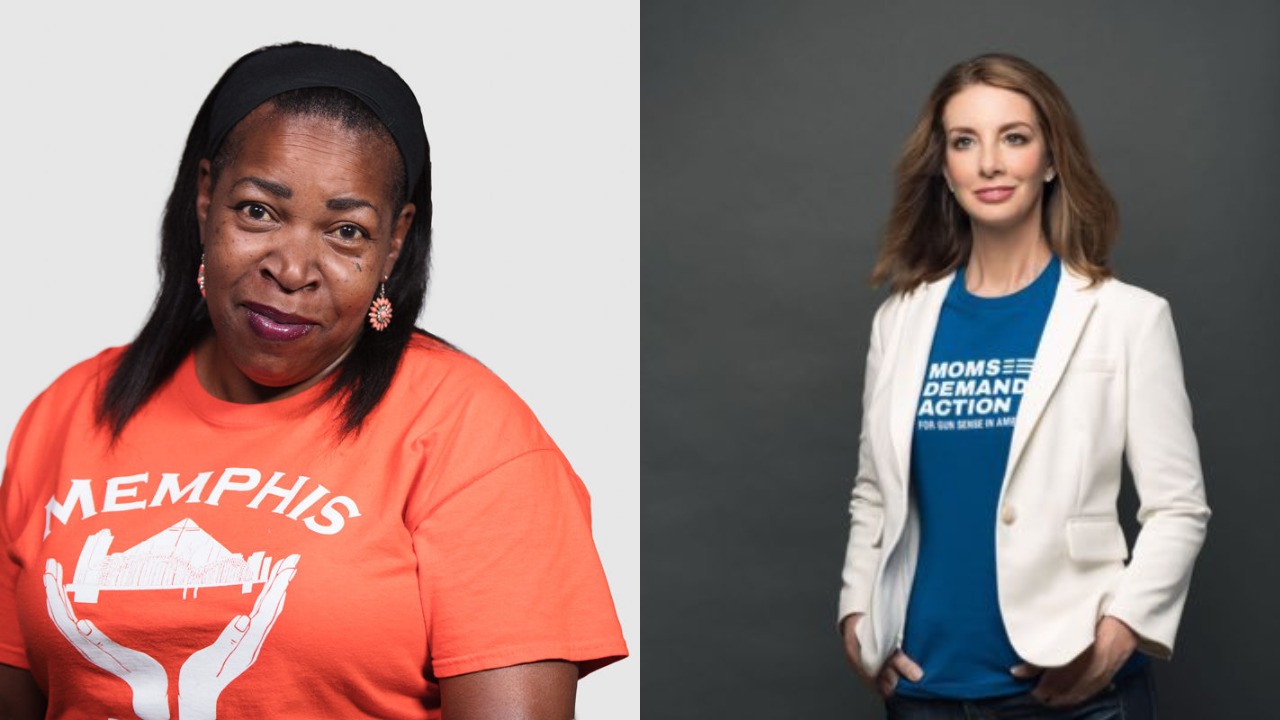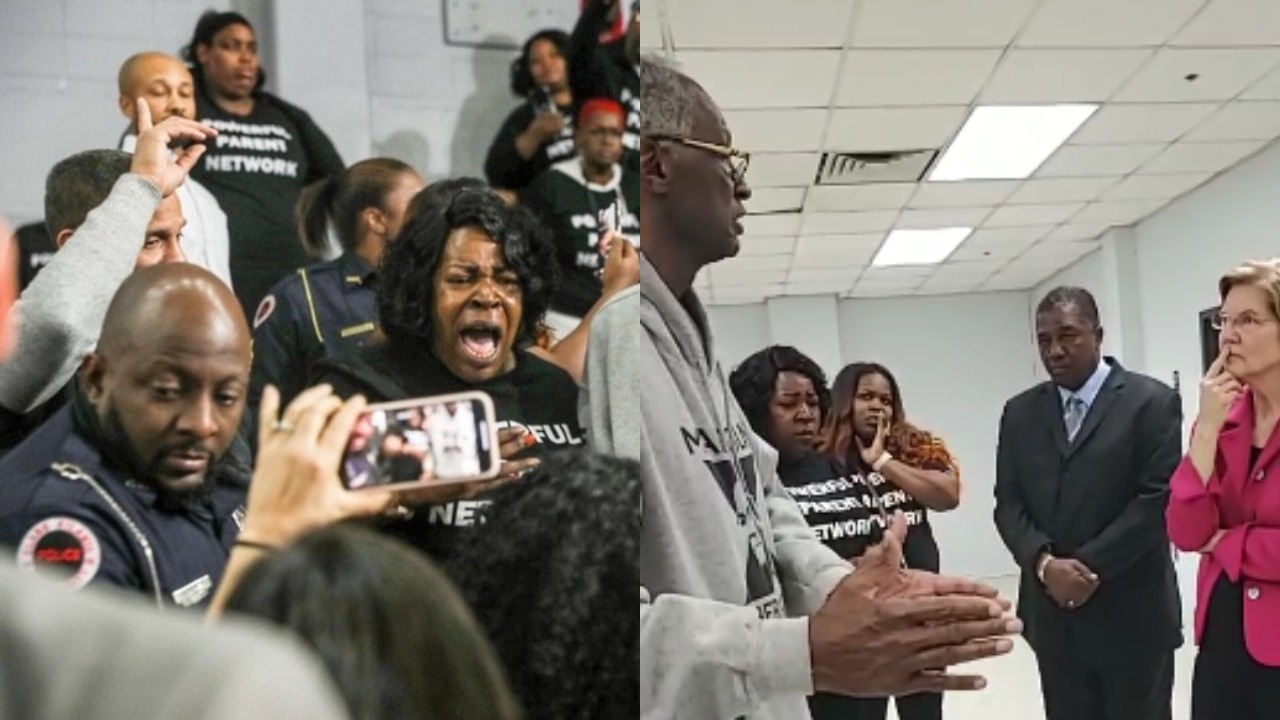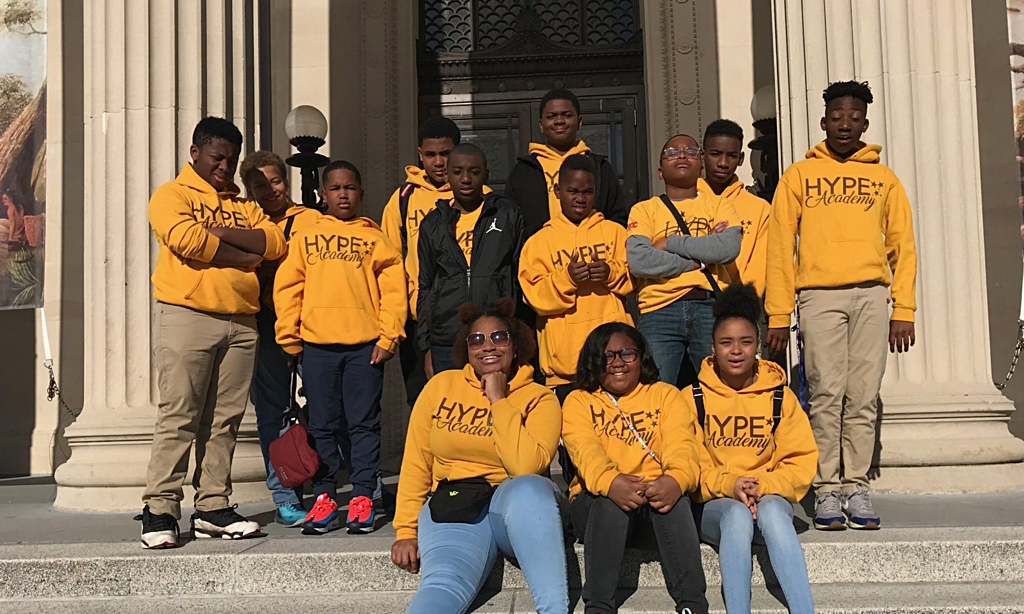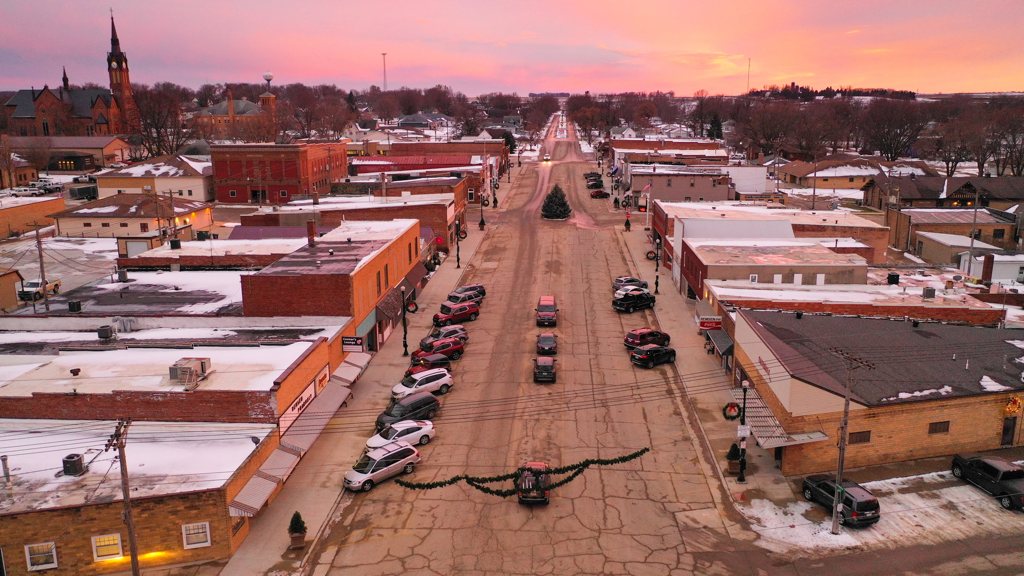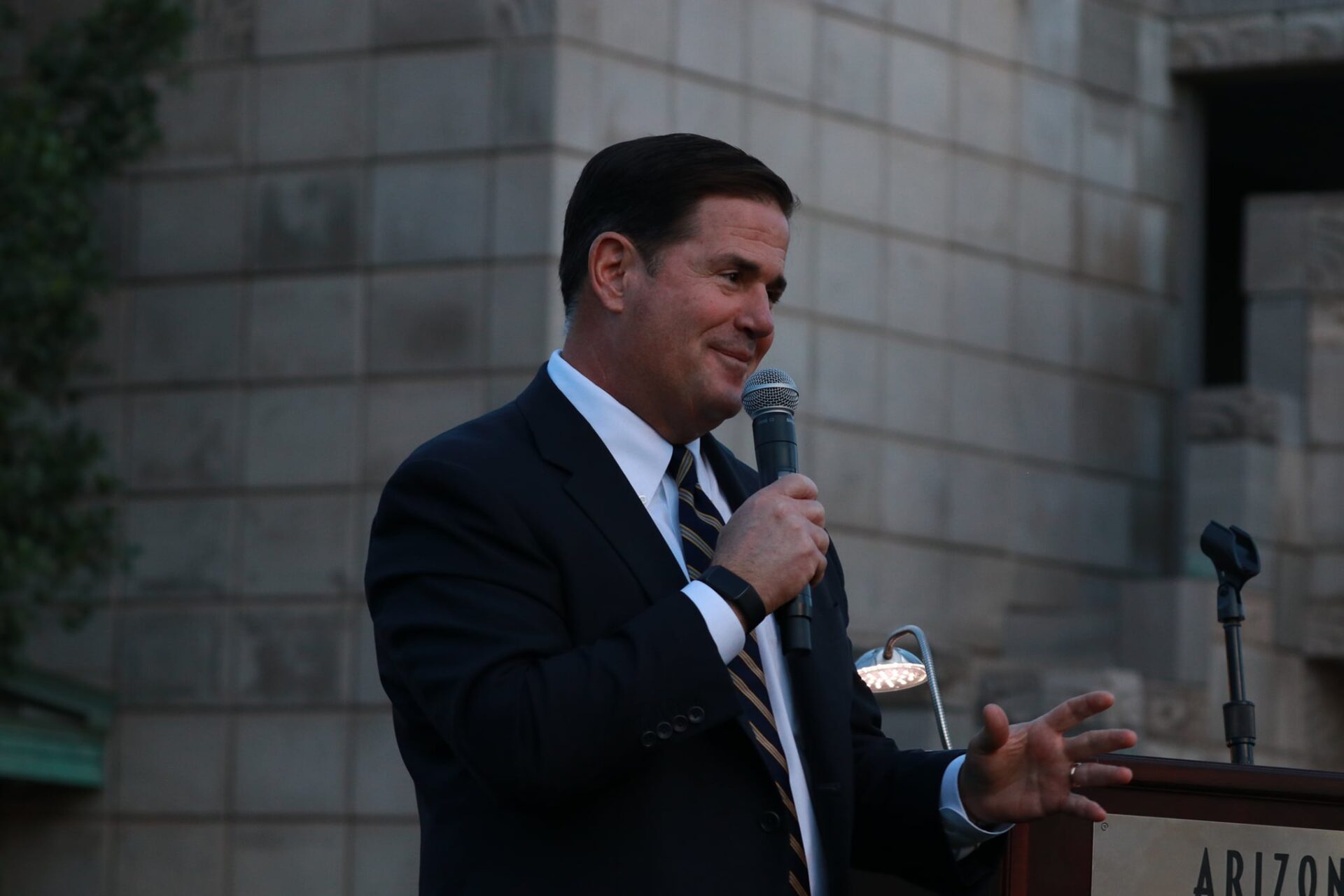Like Frederick Douglass, Our Freedom Stories Start With Education
September 3rd isn’t really recognized by anyone as a day to celebrate freedom, but it is for me.
For the last few months, I’ve been blessed to work on a project that’s been personally and professionally meaningful: Creating a place where people like me who believe in limited government and the rights and responsibilities granted by the Constitution can talk about improving our public education system and inspire people to engage in their own schools and communities. This is Project Forever Free.
The name was inspired by a quote widely attributed to Frederick Douglass, the daring slave who learned to read and freed himself. He said, “Once you learn to read, you will be forever free.”
Whether he said those exact words or not, the sentiment of learning to read, and learning in general as a catalyst for freedom, is well documented.
In 1835, the day before Easter, Frederick Douglass made his first attempt to escape slavery. He had forged protection papers for himself and three other slaves, but the slave owners discovered their plan before Douglass and his friends even left. Someone had betrayed them. Once caught, they were “literally dragged” by horses for 15 miles to the jail.
The next year, he tried and failed again.
In 1837 he met and fell in love with Anna Murray, a free black woman who would later give him a sailor suit for a disguise and money from her savings for his travel costs when he made his third attempt.
On September, 3, 1838, 181 years ago today, he boarded a train in Baltimore with identification papers and protection papers he’d gotten from a free black seaman. He continued by rail into Delaware, another slave state, boarded a steam boat along the Delaware River until arriving in the “Quaker City” of Phildelphia, an anti-slavery stronghold. Finally, less than 24 hours after beginning this perilous journey, he arrived at the house of David Ruggles, a well-known abolitionist, in New York City.
He was free.
But his freedom story didn’t start with those attempts to escape slavery. When he was about 12 years old, he heard his master’s wife reading the Bible and asked if she would teach him to read. She agreed.
Soon he had learned to “put words of three or four letters together.” His teacher, excited by his progress, shared the news with her husband, not realizing how he would react. As Douglass explains it in his autobiography, “here arose the first dark cloud over my Baltimore experience.” While forbidding his wife to continue the lessons, Master Hugh taught Douglass a lesson that would change the course of his life.
“Learning will spoil the best nigger in the world,” Hugh said. “If he learns to read the bible it will forever unfit him to be a slave… If you teach him to read, he’ll want to know how to write, and this accomplished, he’ll be running away with himself.”
Douglass said this was the first “decidedly antislavery lecture” he’d ever heard. “This was a new and special revelation, dispelling a painful mystery against which my youthful understanding had struggled, and struggled in vain, to wit, the white man’s power to perpetuate the enslavement of the black man… and from that moment on, I understood the direct pathway from slavery to freedom.”
Today, as we launch Project Forever Free, it’s a lesson for all of us. Freedom is more than a physical state. It’s more than a binary proposition of being either free or not. Freedom comes in degrees. And the more knowledge a child, or any person, for that matter, can acquire, the freer he or she will become.
Education is a key to growing that freedom. It unlocks the shackles that bind us to poverty, ignorance, and stagnation. It opens doors to opportunity, personal strength, and an increased ability to give back to others. It lifts the soul.
But too often, too many students are consigned to a school that just doesn’t work for them, or in some cases one that works against them. They move from grade to grade, learning little and getting increasingly discouraged about their prospects in life.
But it doesn’t have to be this way. Every child has potential. And every one of us can speak up for our own children and for our neighbors. We can demand accountability from our school boards and engage them on the latest research and whether or not they should make a change.
So as you reflect on Frederick Douglass’s self-emancipation and the bondage of ignorance, I hope you’ll join us because this project to make our children free is just beginning.
